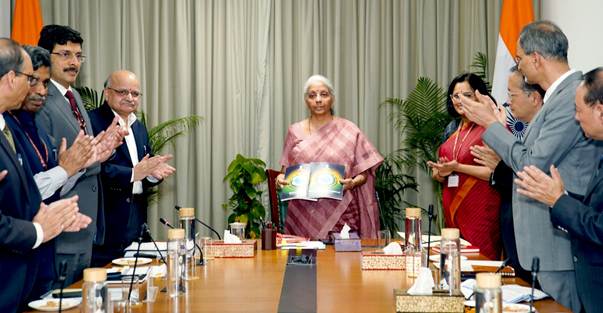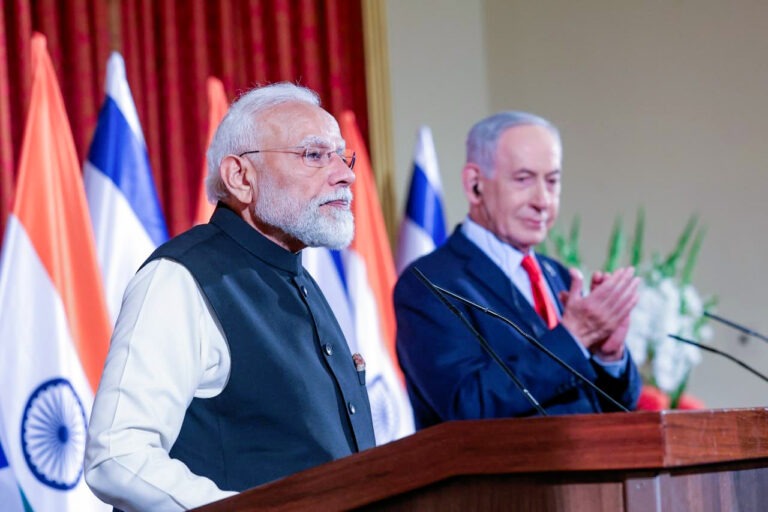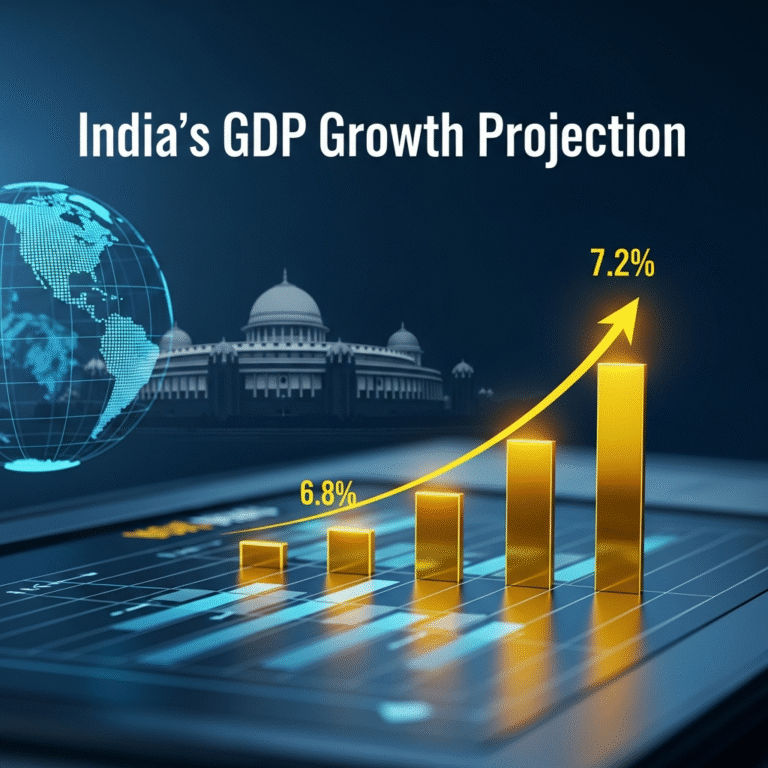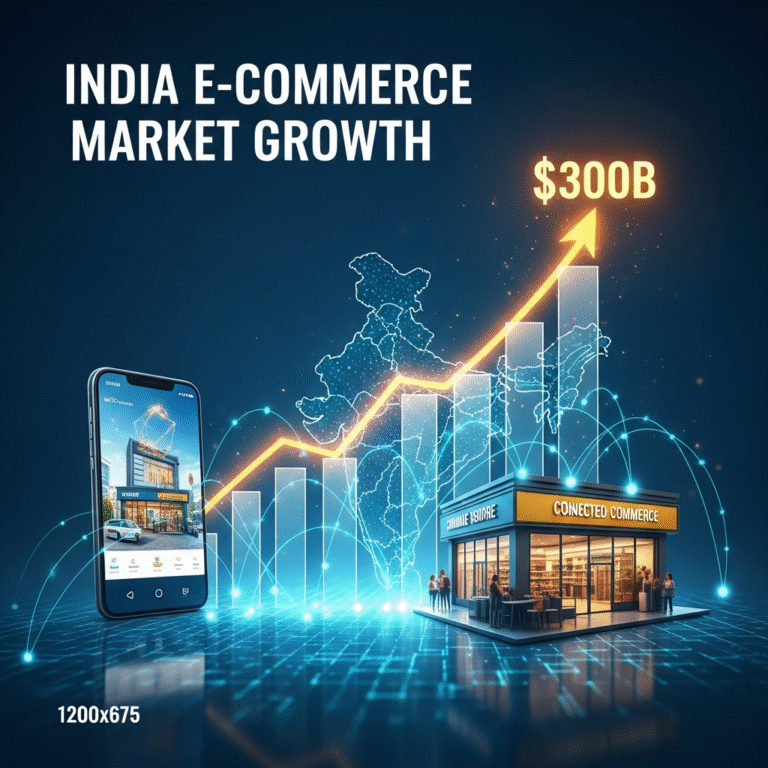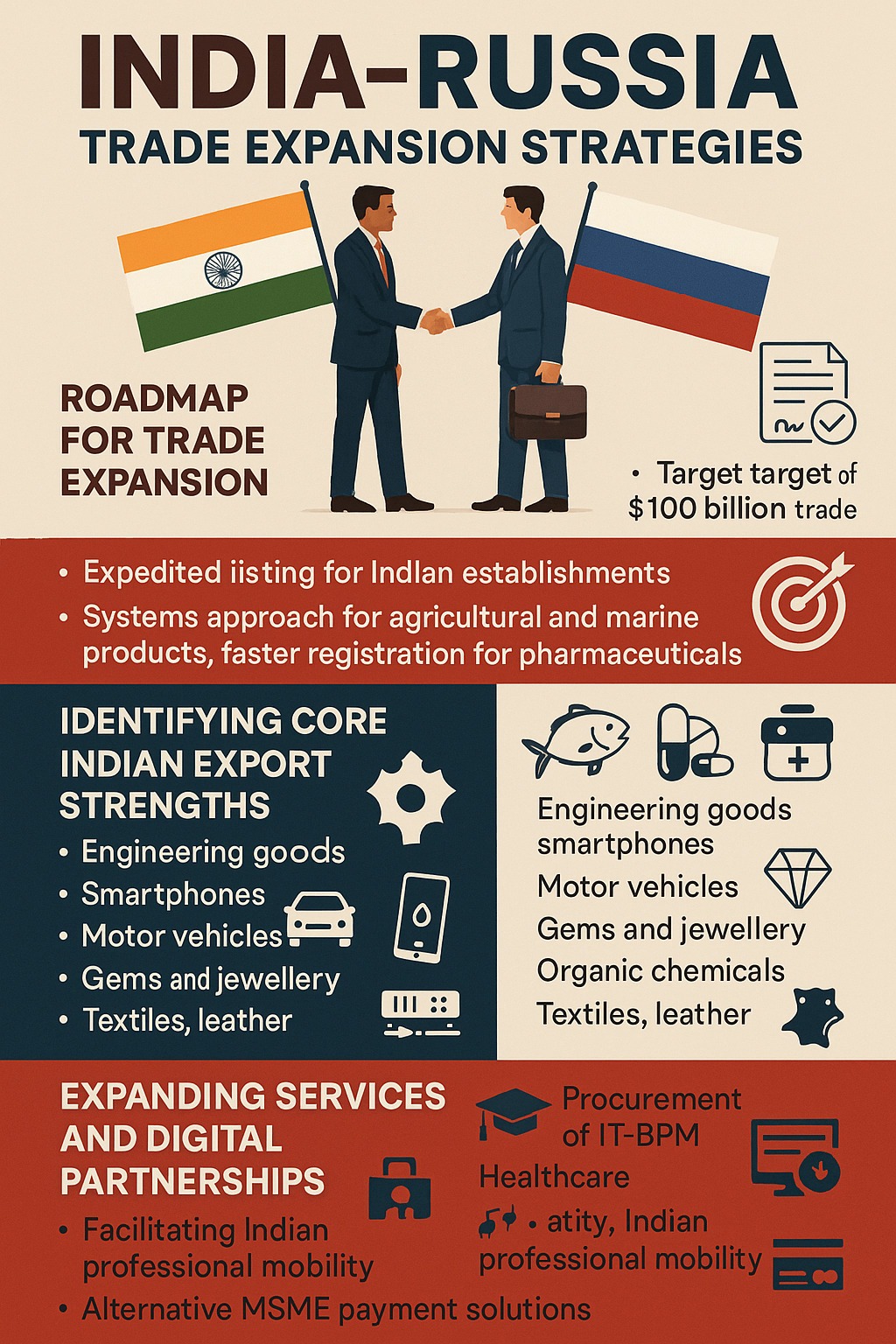
MOSCOW — India and Russia aim to boost bilateral trade significantly. India has taken a decisive step to unlock market access in Russia. During the 26th Meeting of the India-Russia Working Group on Trade and Economic Cooperation, India’s Commerce Secretary, Rajesh Agrawal, presented a clear strategy. India specifically requested Moscow expedite the listing of domestic establishments. Furthermore, it sought fast-tracked registration for key marine and pharmaceutical products. The proactive approach confirms both nations’ commitment to tw0-way trade.
Finalising the Roadmap for Trade Expansion
Commerce Secretary Agrawal, meeting with Deputy Minister of Economic Development Vladimir Ilyichev, championed expansion of mutual trade relations. They finalised and signed a forward-looking protocol for economic cooperation. This document maps out partnership across multiple sectors. Agrawal highlighted potential confidence-building measures to ensure smoother market entry. Both delegations affirmed their ambitious goal. They plan to raise the bilateral trade volume from its current $25 billion to a monumental $100 billion by 2030.
Key Demands: Marine Products and Pharmaceuticals
India focused on immediate, systemic changes to boost exports. First, the Indian delegation requested an expedited listing process for Indian establishments. Second, they proposed a system-based approach for agricultural and marine products with Russia’s Federal Service for Veterinary and Phytosanitary Supervision (FSVPS). The change provides much-needed predictability for exporters. Third, the dialogue secured a time-bound pathway for pharmaceuticals. This includes faster registration, regulatory reliance on Indian standards, and predictable timelines for approval. These targeted measures directly address current bureaucratic bottlenecks.
India Russia Bilateral Trade: Identifying Core Strengths
The working group also identified sectors where India can significantly support Russia’s trade diversification. This creates a clear pathway for Indian businesses. Key Indian product strengths include engineering goods, smartphones, and motor vehicles. Other focus areas include gems and jewellery, organic chemicals, textiles, and the leather sector. These strong, diverse Indian industries are ready to fill supply chain gaps in the Russian market.
Expanding Services and Digital Partnerships
Beyond goods, the officials actively promoted the services sector. India encouraged Russian entities to increase procurement of Indian services. Specific focus areas include IT-Business Process Management (BPM), healthcare, education, and creative services. The Indian delegation also emphasised the need for predictable mobility. This ensures Indian professionals can meet identified labour shortages in the Russian market. India’s extensive Global Capability Centre (GCC) ecosystem was presented as a ready-made asset. This vast network, which employs nearly 1.9 million professionals, offers Russia expertise in business continuity, cybersecurity, and design analytics. Finally, both nations agreed to explore alternative payment solutions. This aims to specifically facilitate transactions for medium, small, and micro enterprises (MSMEs).


